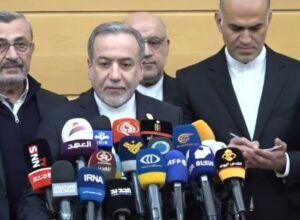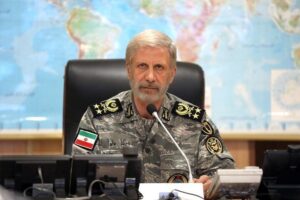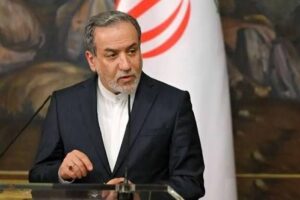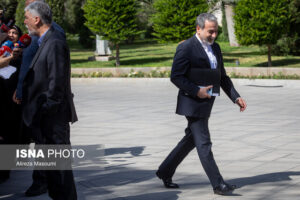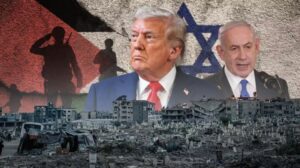Speaking Monday local time before the UN Second Committee, Iran’s Ambassador and Permanent Representative to the United Nations Amir Saeed Iravani referred to last week’s General Assembly session, where world leaders stressed the urgency of addressing global challenges, strengthening multilateralism, fulfilling long-standing development commitments, and taking decisive action on climate change through climate finance, technology transfer, and sustainable development. Many, he said, also called for an end to unilateralism and demanded immediate international action to halt the genocide in Gaza.
Iravani emphasized that development cannot be pursued in isolation and requires stability, solidarity, cooperation, and equitable access to resources. Yet, he said, the continued failure of developed countries to fulfill their commitments — from providing predictable financing and environmental technologies to upholding multilateralism — has severely undermined global development efforts. Rising global military expenditures, he added, are diverting scarce resources away from urgent development priorities.
“The situation in the Middle East is extremely dire,” Iravani stressed that it is clearly the outcome of interventionist and militaristic policies by certain extra-regional powers, ongoing armed conflicts, prolonged occupation, and the genocide committed by the Israeli regime. These factors have consistently set back regional development and deepened its challenges.
He said these illegal measures are further worsened by the imposition of unilateral coercive actions that violate fundamental human rights, including the right to development, disrupt legitimate trade and investment, and undermine the sovereign equality of nations. Such actions, he warned, also exacerbate environmental degradation and endanger the health and lives of vulnerable populations — especially children, women, the elderly, and those with medical conditions.
Referring to recent events, Iravani said that onn June 13, 2025, the Israeli regime, backed by the United States, launched large-scale military aggression against the Islamic Republic of Iran. Subsequently, on June 22, it carried out illegal attacks on Iran’s peaceful nuclear facilities. These aggressions constitute a blatant violation of the UN Charter, international law, and humanitarian law. Civilian areas, hospitals, media outlets, and vital infrastructure were deliberately targeted, undermining international peace and security and gravely endangering the Non-Proliferation Treaty.
He added that such unlawful actions not only breach international law but also threaten human health, ecosystems, and vital resources through the release of radioactive and toxic materials with transboundary impacts.
He noted that these actions erode trust, weaken cooperation, and divert the international community from its shared responsibility to protect present and future generations; Therefore, it is imperative that these actions stop immediately and be firmly condemned so global environmental efforts can continue without disruption.
Iravani concluded by saying that more than ever, unilateralism threatens our world and undermines the foundations of peace, stability, and development. These threats must be collectively and decisively rejected. What the world urgently needs today is not division, but strengthened multilateralism, genuine cooperation, solidarity, and joint action under the central role of the United Nations.

